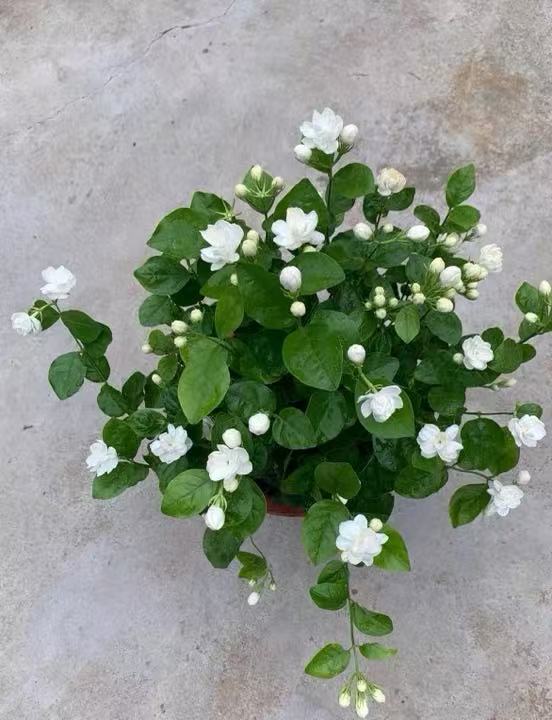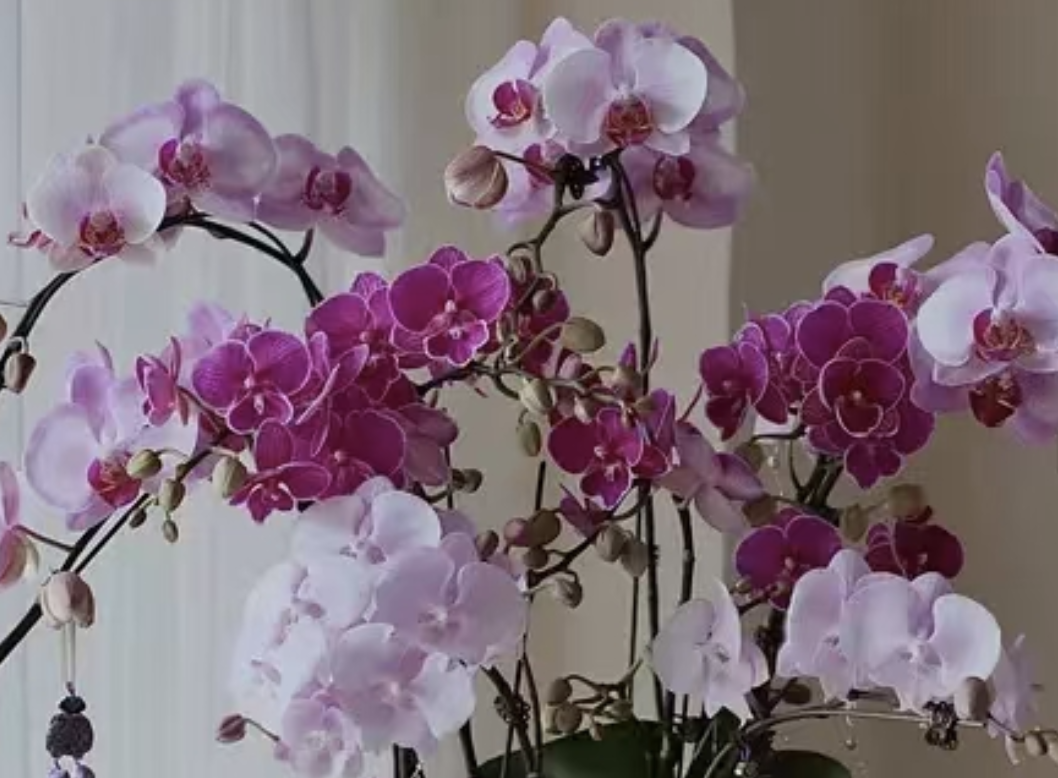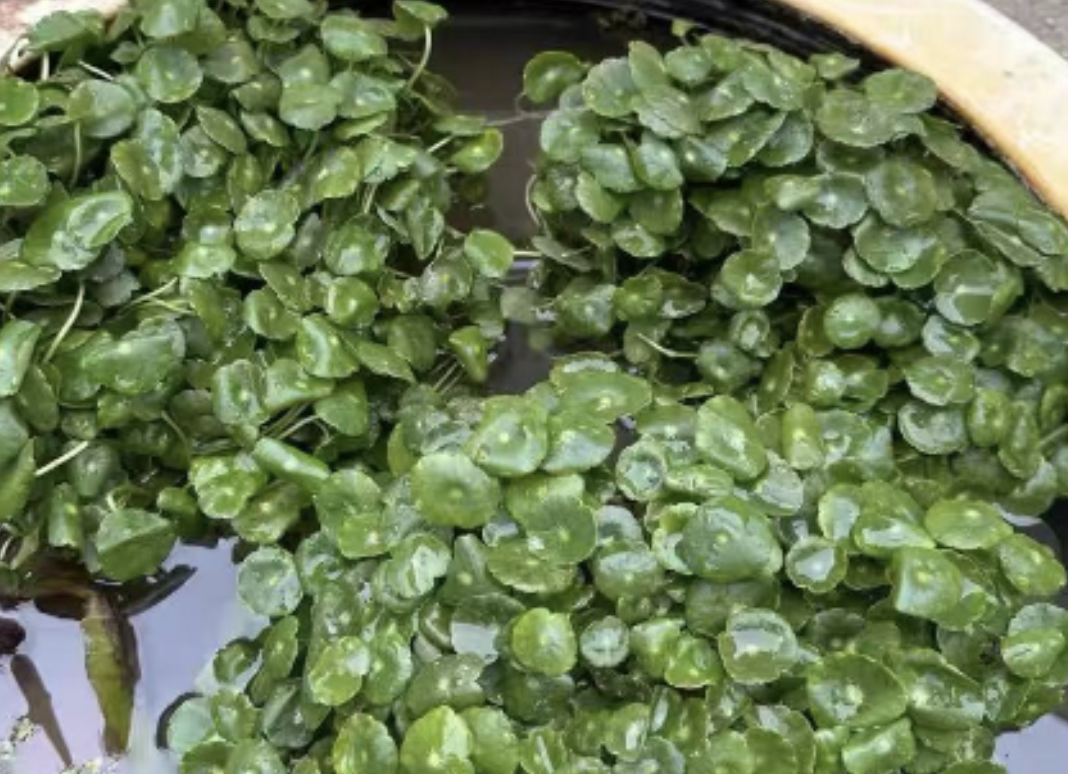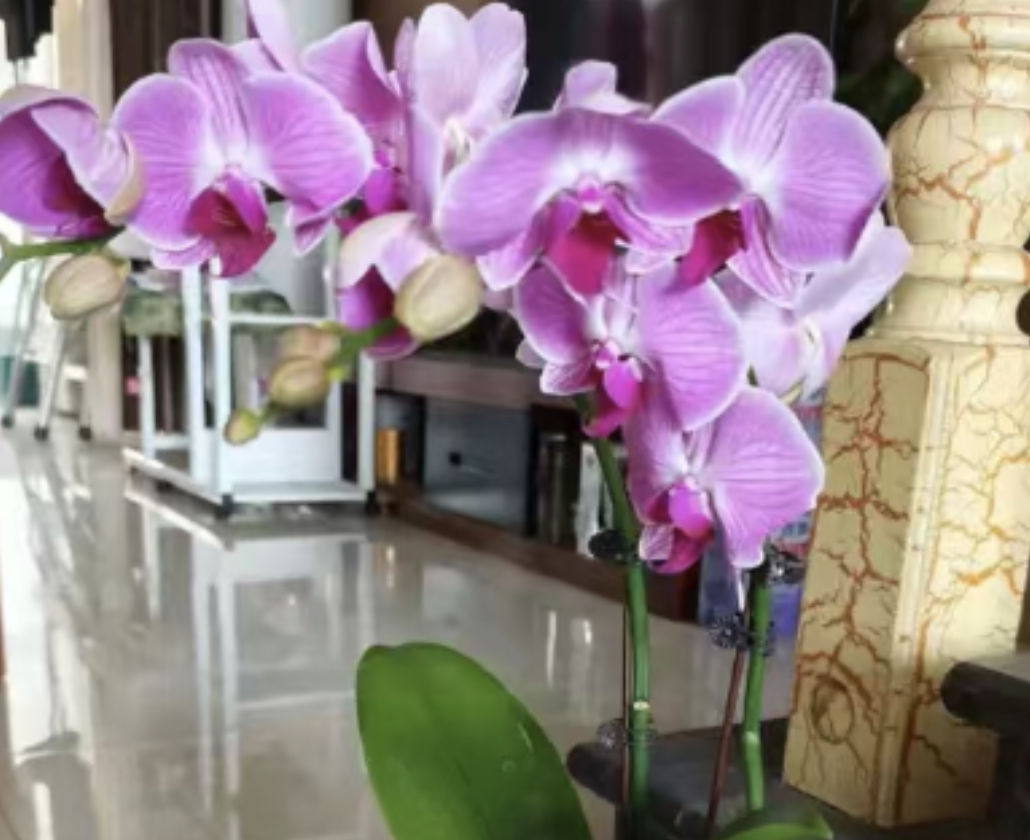In daily life, sleep quality has become a difficult problem that troubles many people. As sleep aids such as melatonin and essential oil diffusers gradually become popular, more and more people are turning their attention to indoor plants in search of natural solutions to improve sleep. So, can keeping plants indoors really improve sleep? Which plants can be good helpers for promoting sleep?
From a scientific perspective, indoor plants can indeed create favorable conditions for high-quality sleep. On the one hand, plants absorb carbon dioxide and release oxygen through photosynthesis, optimizing the indoor air quality. This allows people to breathe fresher air during sleep, thereby increasing sleep comfort. On the other hand, the unique scents emitted by some plants can regulate the human nervous system, relieve anxiety, relax the body and mind, and thus promote sleep. In addition, green plants themselves have a soothing effect on the eyes, which helps to reduce visual fatigue and create a tranquil sleep atmosphere.
Lavender is a "star player" in the world of sleep-promoting plants. The delicate fragrance it emits contains components such as linalyl acetate and linalool. These substances can act on the nervous system, effectively relieve tension, and have an obvious sedative and calming effect. Placing lavender on the windowsill or bedside table in the bedroom, its unique fragrance is like a natural lullaby, helping people to relax their body and mind and fall asleep faster. In addition to directly placing the plant, making sachets with dried lavender flowers and putting them beside the pillow is also a common way to aid sleep.
Rosemary is also a good choice for promoting sleep. Its fragrance is fresh and unique, containing volatile components such as eucalyptol and camphor. These components can not only refresh the mind but also soothe emotions in a low-concentration environment. During the day, rosemary can be placed in the study to help concentrate. At night, moving it to the bedroom, the faint fragrance can soothe the tense nerves, allowing people to shed the day's fatigue and fall asleep peacefully. At the same time, rosemary also has a certain bactericidal effect, which helps to improve the indoor microenvironment.
The fragrance of jasmine is rich but not pungent, giving people a fresh and pleasant feeling. Research shows that the aroma of jasmine can reduce the level of anxiety in the human body and improve sleep efficiency. Placing a pot of jasmine in the bedroom, as night falls, the faint floral fragrance spreads in the air, as if covering the bedroom with a gentle veil, calming the irritable mood, relaxing the body and mind, and making it easier to enter a deep sleep state.
In addition, aloe vera is also worth mentioning. Although it doesn't have a strong fragrance, as a natural air-purifying plant, aloe vera can absorb carbon dioxide and release oxygen at night, and it can also adsorb harmful gases such as formaldehyde in the air, improving the air quality in the bedroom. A good air environment is crucial for improving sleep quality. Fresh air can make people breathe more smoothly and sleep more soundly.
Snake plant is also an excellent air purifier at night. The stomata on its fleshy stems close during the day and open at night, absorbing carbon dioxide and releasing a large amount of oxygen. It can also absorb harmful gases such as benzene and trichloroethylene in the air. Placing a snake plant in the bedroom is equivalent to having a "natural oxygen bar" for sleep, which helps to increase the oxygen content during sleep and makes people feel refreshed when waking up in the morning.
When choosing plants to help with sleep in the bedroom, it is necessary to avoid placing plants with overly strong or irritating scents. At the same time, reasonably control the number of plants according to the size of the bedroom to avoid affecting ventilation. Let these vibrant green plants become the guardians of our sleep, accompanying us into a sweet dream every night.
Can keeping plants indoors improve sleep?

Share with
Tagged in :




Leave a Reply